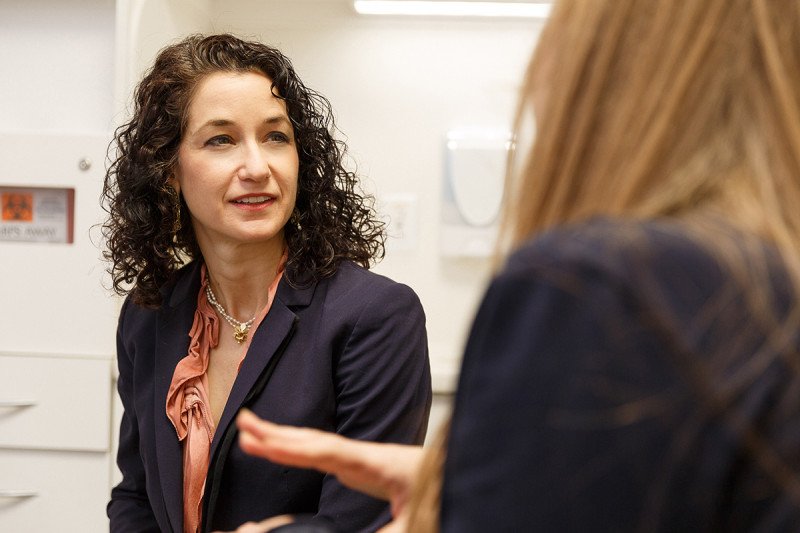
Acquired immunodeficiency syndrome, or AIDS, results from infection with the human immunodeficiency virus (HIV). Over time, HIV attacks and breaks down the immune system, which protects the body from infection and disease. People with a weakened immune system have an increased risk for other infections and certain types of cancer.
Three kinds of cancer, called AIDS-defining cancers, are significantly more common in people with HIV: Kaposi sarcoma, certain types of non-Hodgkin lymphoma , and invasive cervical cancer. Taking the powerful antiretroviral drug combination HAART (highly active antiretroviral therapy) reduces the risk of getting these cancers but does not eliminate them.
People with HIV who have cancers that are not strongly associated with AIDS, such as Hodgkin lymphoma, anal cancer, and liver cancer, also have much higher survival rates if they take HAART.
Risk Factors
The risk for cancer in people with HIV/AIDS is related to a number of factors, including suppression of the immune system, infection with cancer-related viruses, and exposure to health-damaging substances such as tobacco.
Screening
Some types of cancer can be prevented with screening. Screening can also help catch cancer in an earlier stage, when it is more curable. Examples of cancer screening include cervical and anal Pap smears.
We’re available 24 hours a day, 7 days a week


